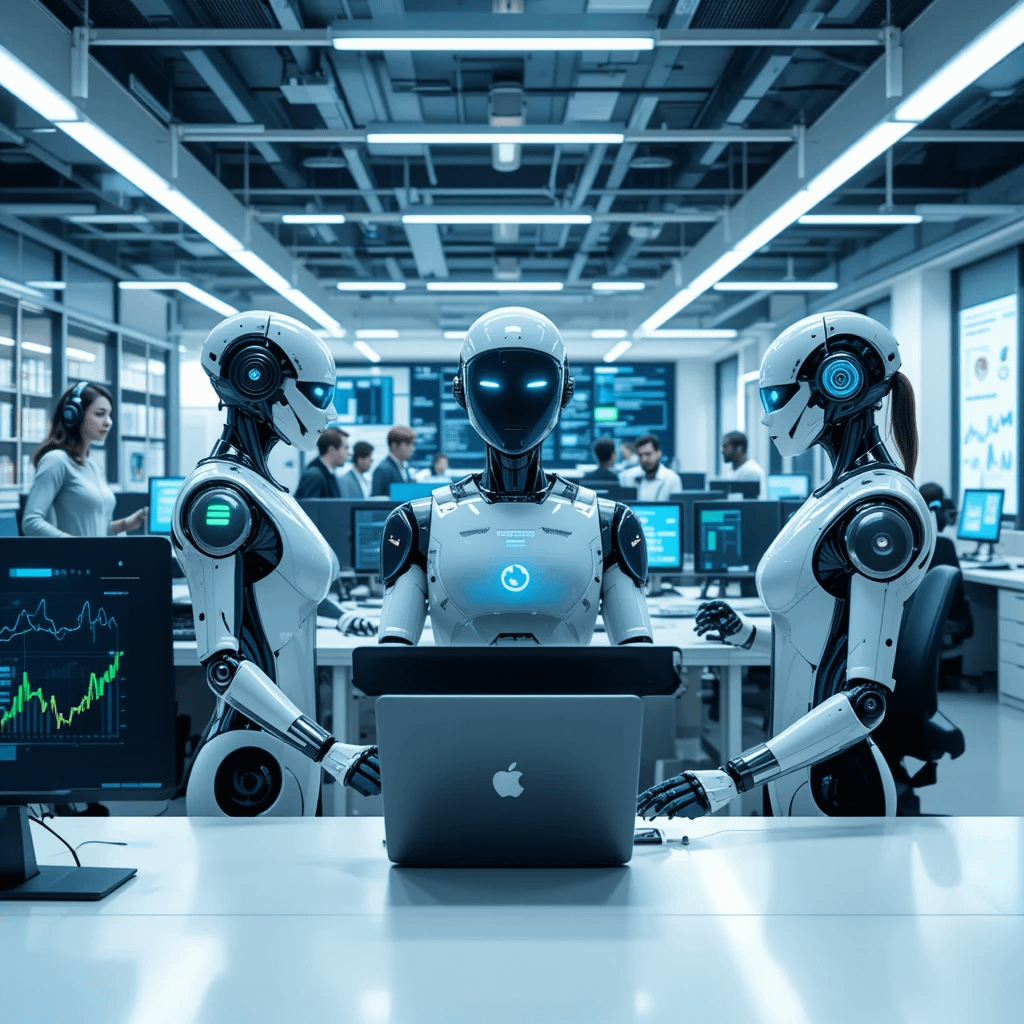
Understanding AI Agents: The Building Blocks of Automation
AI agents are software programs that automate tasks, learning from data to make decisions and interact with users. They can be classified into three types: rule-based agents, machine learning-based agents, and hybrid agents. Rule-based agents follow predefined guidelines, while machine learning agents adapt over time by analyzing patterns. Hybrid agents leverage the strengths of both approaches, promoting flexibility in complex environments. The rise of AI-driven automation is reshaping operations, offering companies a way to enhance business efficiency.
Designing Autonomous Workflows with AI Agents
Creating effective autonomous workflows involves a few key principles: first, clarify your goals, ensuring you know what you want to achieve through automation. Next, integration is crucial; connecting AI agents with existing systems avoids disruptions and fosters collaboration. Finally, establish feedback loops for continuous learning, enabling agents to adapt and improve over time. By implementing these strategies, businesses can harness the full potential of AI agents.
Real-World Applications of AI Agents in Various Industries

AI agents are making significant impacts across multiple sectors. In customer service, chatbots provide 24/7 support, resolving inquiries quickly and boosting customer satisfaction. Their efficiency allows human staff to focus on more complex issues. In logistics, AI agents optimize supply chain processes by analyzing conditions, reducing delays. Furthermore, in finance, they play a vital role in fraud detection by identifying unusual transaction patterns. Overall, the implementation of AI agents leads to improved operations, making companies more competitive and efficient.


